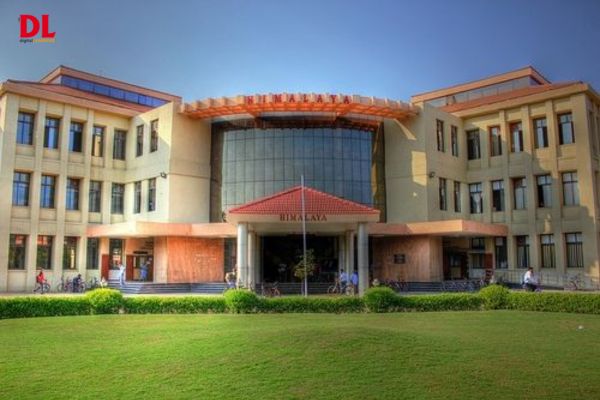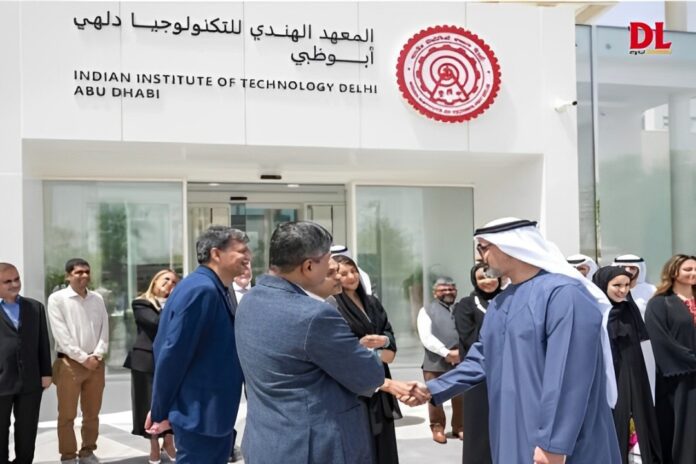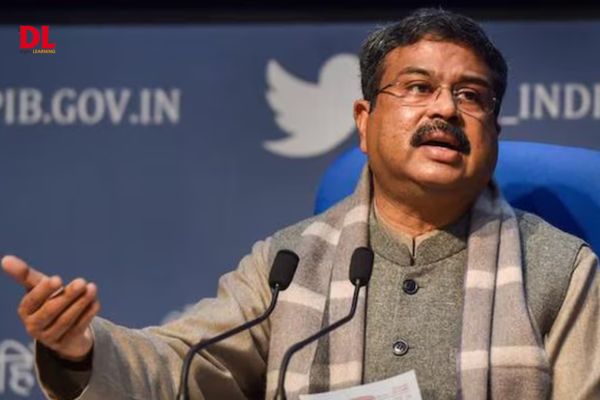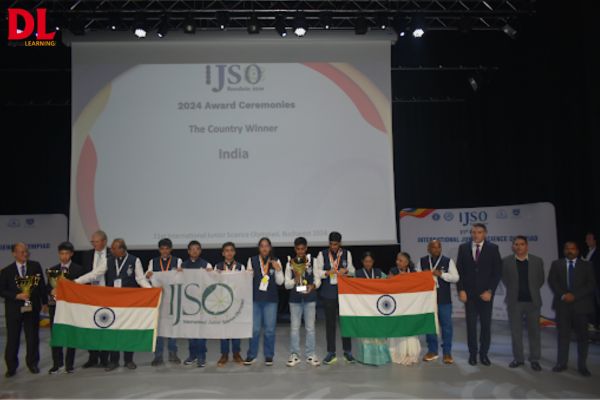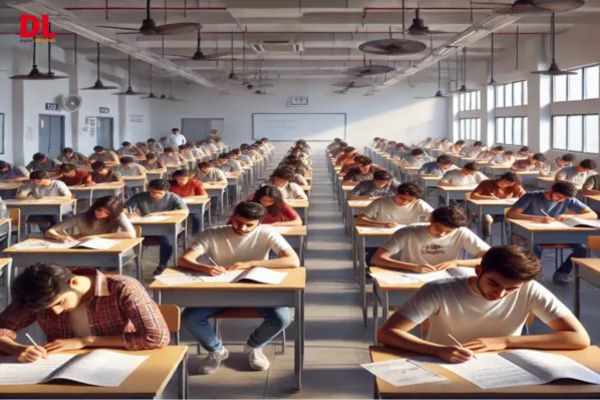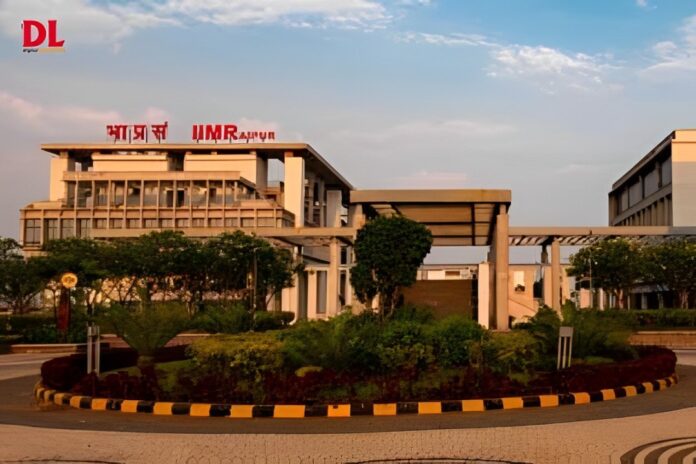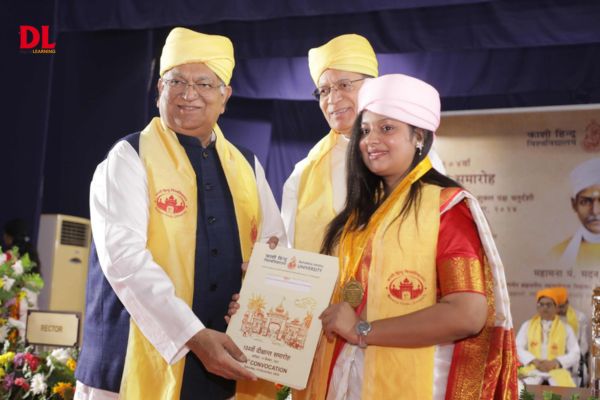In a groundbreaking initiative, the Indian Institute of Technology (IIT) Madras has announced the launch of the Fine Arts and Culture Excellence (FACE) admission scheme for its undergraduate programmes. This first-of-its-kind initiative aims to acknowledge and reward students who have demonstrated exceptional talent and achievements in fine arts and cultural activities.
Under the FACE scheme, two additional seats per programme will be created across all BTech and BS courses at IIT Madras. Of these, one seat will be reserved exclusively for female candidates, while the other will be open to all genders. The provision applies to Indian Nationals and Overseas Citizens of India (OCI)/Persons of Indian Origin (PIO) who have opted to be treated as Indian nationals during the JEE (Advanced) 2025 registration process.
Speaking at the launch, IIT Madras Director Professor V Kamakoti emphasized the significance of the initiative. “IIT Madras is embarking on a new journey to recognise and reward talent in fine arts and culture through the Fine Arts and Culture Excellence admission scheme. We are excited to provide this unique opportunity for students to join our prestigious programmes,” he said.
Eligibility Criteria
Candidates interested in applying under the FACE admission scheme must meet the following requirements:
- Qualify for JEE (Advanced) 2025 with a valid rank.
- Fulfill the minimum academic criteria for IIT admissions.
- Demonstrate significant achievements in fine arts or cultural activities recognized within specific categories.
Also Read: IIT Delhi-Abu Dhabi Launches Inaugural PhD Programme in Energy and Sustainability
Independent Application and Seat Allocation Process
Applications for FACE admission will be submitted through a dedicated portal, independent of the Joint Seat Allocation Authority (JoSAA) platform. A FACE Rank List (FRL) will be prepared based on candidates’ cultural achievements.
Seats will be allocated in multiple rounds based on the FRL. Selected candidates must withdraw from JoSAA 2025 and pay the seat acceptance fee. The process will allow candidates to freeze or slide seats, similar to the JoSAA allocation process.
This year, IIT Madras is the sole institute offering the FACE admission scheme, setting a precedent for integrating cultural excellence with academic achievement in India’s higher education landscape. For more details, visit the official FACE portal.






